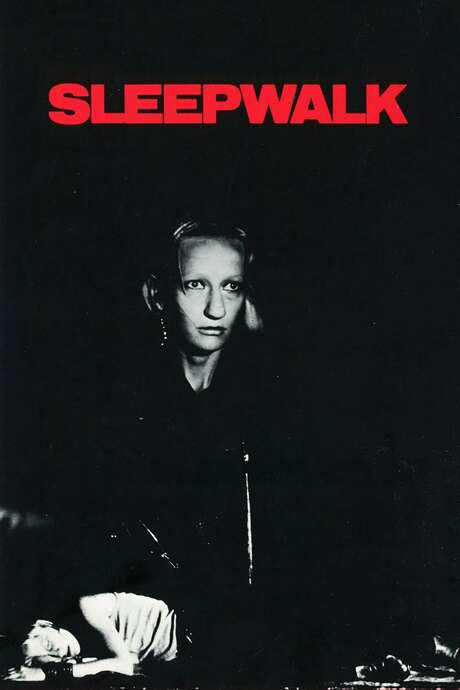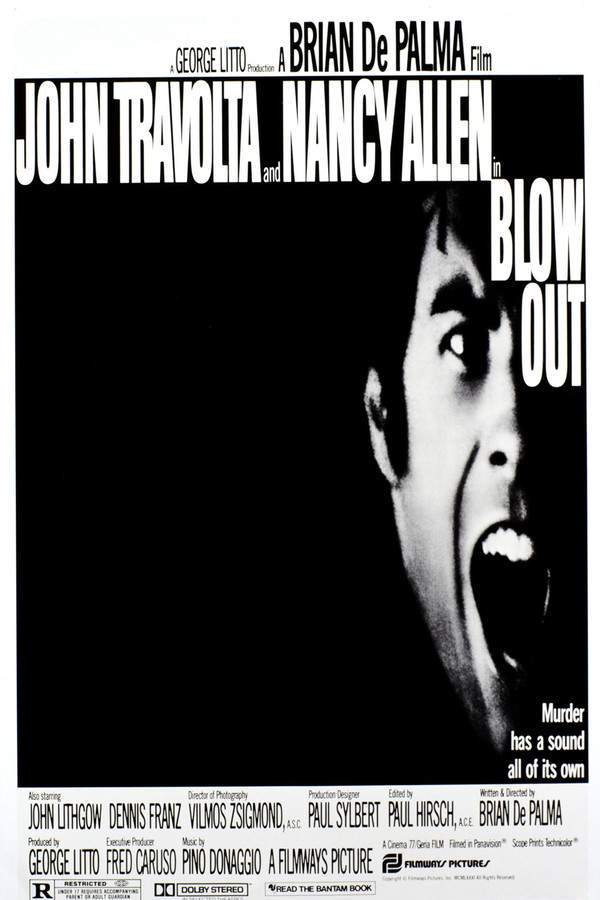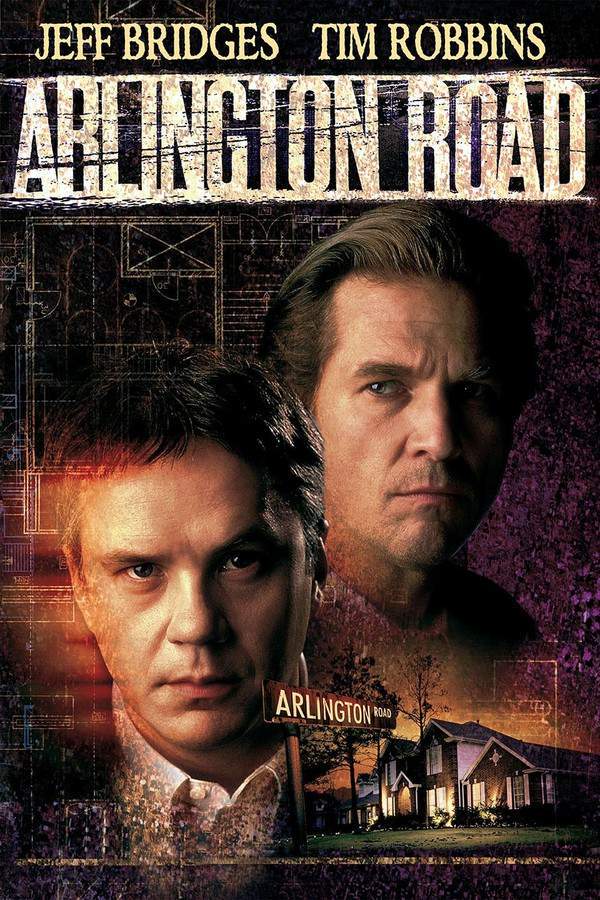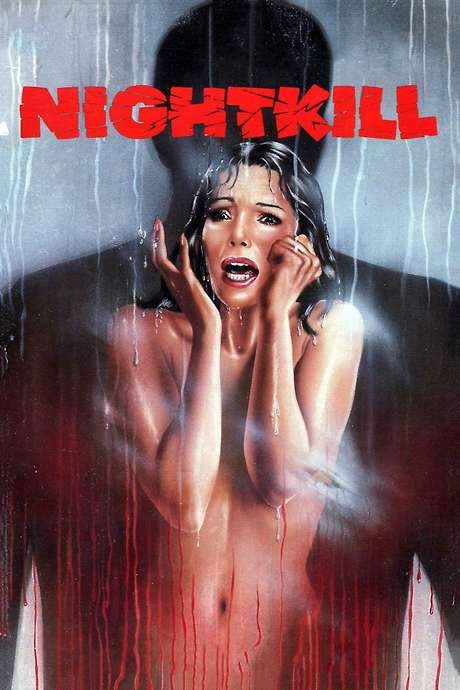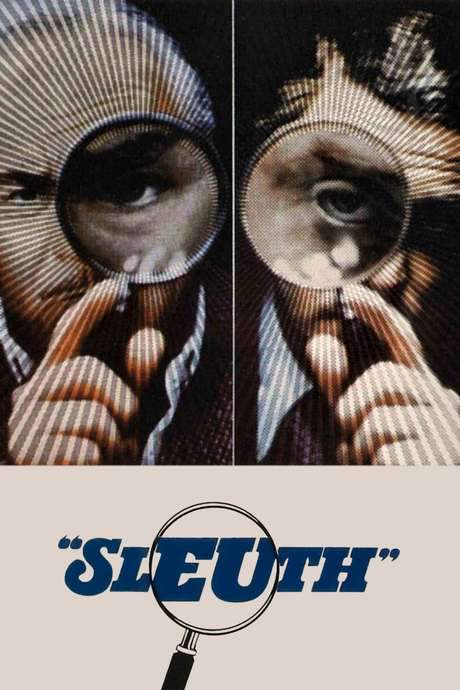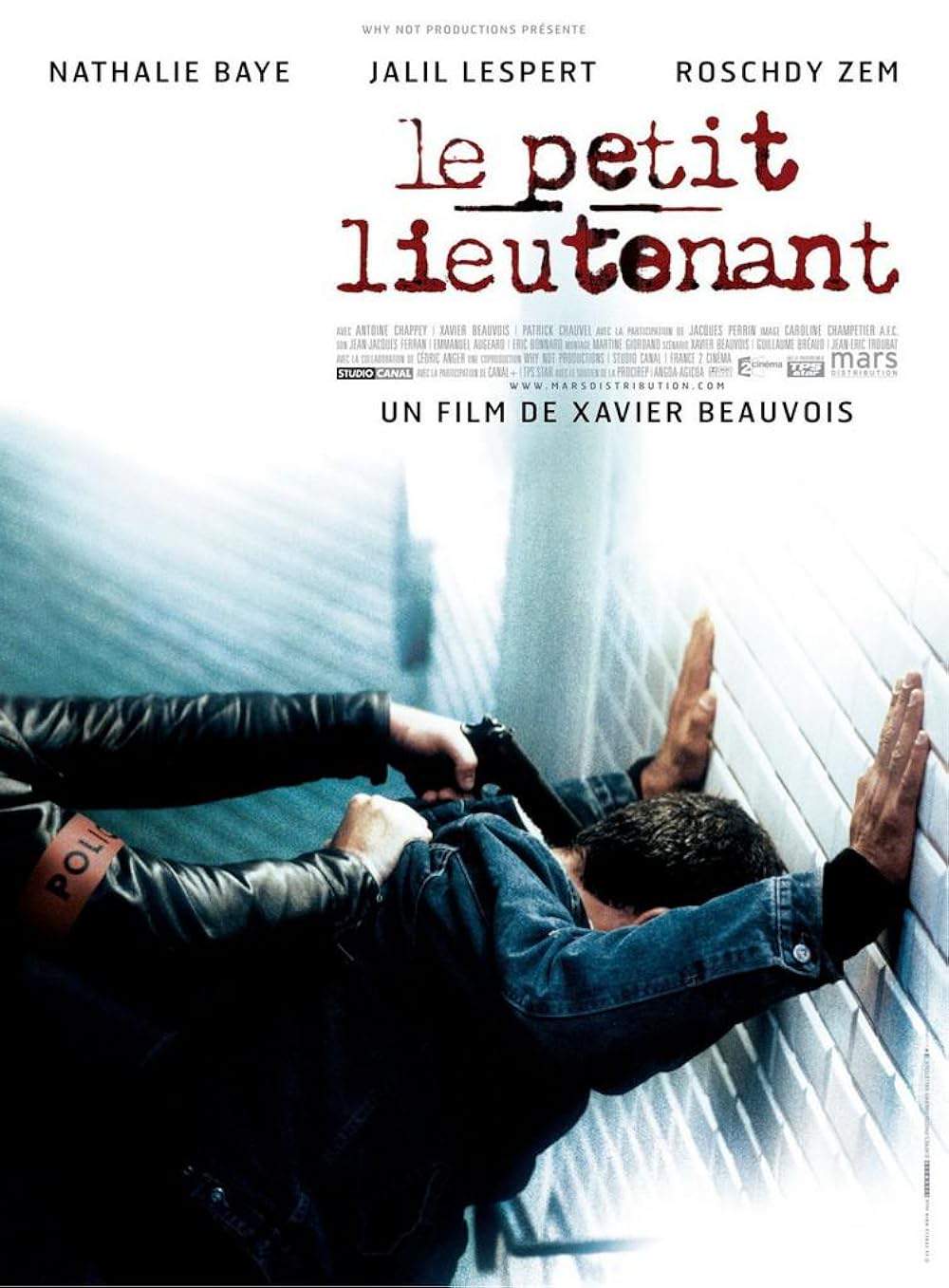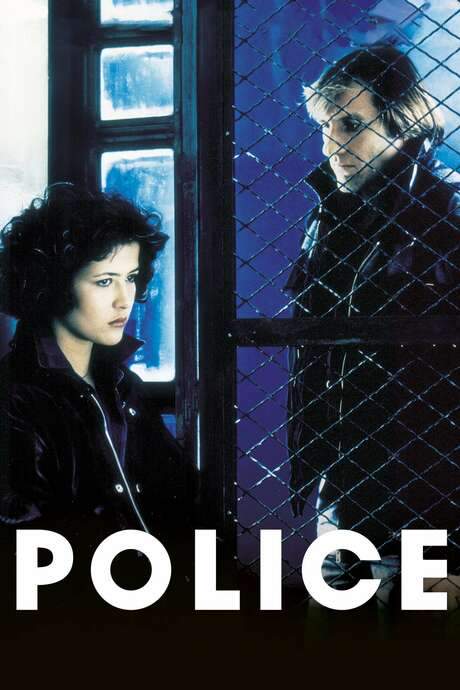
Last Known Address
Year: 1970
Runtime: 102 mins
Language: French
Director: José Giovanni
Officer Marceau Léonetti, diligent and energetic, randomly pulls over the son of a powerful lawyer for drunk driving. Months later the lawyer slanders Léonetti, branding him violent and incompetent, prompting his transfer to a modest precinct. There he meets the attractive Jeanne, and together they confront a demanding investigation.
Warning: spoilers below!
Haven’t seen Last Known Address yet? This summary contains major spoilers. Bookmark the page, watch the movie, and come back for the full breakdown. If you're ready, scroll on and relive the story!
Last Known Address (1970) – Full Plot Summary & Ending Explained
Read the complete plot breakdown of Last Known Address (1970), including all key story events, major twists, and the ending explained in detail. Discover what really happened—and what it all means.
Marceau Léonetti is a capable and energetic police officer who, by a stroke of fate, stops the son of a powerful lawyer who is driving drunk. The incident barely scratches the surface of the tensions to come: a few months later the same lawyer accuses Léonetti of being violent and incompetent, a reckless political move that forces him to transfer to a small, low-profile police station. There, his most notable achievement seems almost comically modest—a case involving a young boy’s missing pigeons—yet this humbling chapter sets the stage for what’s to follow.
Jeanne Dumas enters Léonetti’s orbit when an old colleague, now head of a special crime unit, recruits him into a tougher, higher-stakes division. The partnership is electric from the start: a young and determined officer partnering with a seasoned veteran, both drawn into a mission that will test their nerve and judgment. The unit’s first assignment is stark and provocative: they are to hunt down men who sexually harass young women in cinema theatres, using Jeanne as bait in a sting operation. The tension is palpable, the danger real, and the social moral questions baggage they must carry as they work to protect vulnerable victims.
The case grows more urgent as a new directive lands: locate and arrest Roger Martin, the sole witness who can testify against the notorious master criminal Soramon in a murder trial. With the prosecution’s other witness dead, Martin’s testimony is essential to bring Soramon to justice, yet Martin has vanished. The police only have an old address—Cité de la Glaciére—and a faint trail that involves tracing Martin’s past life, even down to his former furniture purchases, in hopes of drawing him out of hiding.
As the investigation deepens, Léonetti and Jeanne uncover a troubling possibility: Martin may have a young daughter. A clue surfaces in the form of blue pills—a prescription that could connect Martin to a family, and to someone who might still be looking for him. A neighbour corroborates the existence of the daughter, adding weight to their theory and widening the circle of people who could help—or hinder—their search. Hope flickers, but the hunt hits a wall again as countless leads lead nowhere.
With time running out before Soramon’s trial, Léonetti abandons the street-level hunches for the cold logic of records: pharmacy prescriptions could reveal the girl’s whereabouts. A meticulous, long-winded search finally pays off on the first day of the trial, when they locate a vital prescription that points to Martin’s doctor. The breakthrough is dangerous and risky: the address delivers them to a doctor’s office instead of a direct home, and the investigation splinters into private, high-stakes police action.
The plan becomes a race against the clock. Léonetti and Jeanne split up following a lead from the doctor, but the moment is brutal: Léonetti is attacked by the criminal gang, beaten badly, and left in the street. The gang assumes they’ve stolen the crucial address, but Léonetti has cunningly given Jeanne the real lead. Jeanne nurses him back to health, sharpening the dynamics of trust and dependence between them.
At the doctor’s, the situation grows more complicated. They learn that the doctor only has Martin’s old address on file, yet he also confirms that Martin and his daughter have an appointment that day. In a tense confrontation outside the surgery, Léonetti manages to bring Martin into police custody and escorts him to a hotel under protection. Martin testifies the next day, but the fragile safety is shattered when, after giving his evidence, he is left unguarded and is assassinated in a park in full view of his daughter by one of Soramon’s gang members.
The case leaves an emotional wound on Jeanne. She tells Léonetti that she is completely disillusioned with police work—the system’s failure to protect Martin and his daughter makes the verdict feel hollow. His blunt response to her despair is simple but pointed, and the two part ways with a cold goodbye as Jeanne drives off into an uncertain future.
The film closes on a somber note, framed by a quotation about life and living it fully. The exact line reads:
“…for life is a wasted blessing/ when we have not lived it/as we would have liked”, misattributed to the Romanian poet Mihai Eminescu. (In fact, the lines are from the poem Decebal către popor by another Romanian poet, George Coșbuc.)
This tale weaves together crime, accountability, and the personal costs of upholding the law, painting a portrait of two officers striving for justice in a world where protection and truth sometimes come at a steep price.
Last Updated: October 09, 2025 at 12:35
Explore Movie Threads
Discover curated groups of movies connected by mood, themes, and story style. Browse collections built around emotion, atmosphere, and narrative focus to easily find films that match what you feel like watching right now.
Neo-Noir Police Stories of Disillusionment like Last Known Address
Dedicated officers confront a flawed system where justice is never guaranteed.For viewers who liked the cynical police drama in Last Known Address, this list features similar movies where dedicated cops battle a corrupt system. These crime thrillers share a tense, atmospheric tone, a steady investigative pace, and often a bleak ending that questions the very nature of justice.
Narrative Summary
The narrative follows a linear, procedural investigation that exposes deep-seated corruption, often targeting the protagonist personally. The central conflict shifts from catching a criminal to surviving a hostile system, leading to a climax where justice is compromised or fails entirely, leaving the characters disillusioned.
Why These Movies?
Movies are grouped here for their shared focus on the emotional and professional corrosion of police work, a gritty and tense neo-noir atmosphere, and a thematic exploration of failed justice within a corrupt institution. They deliver a specific kind of sobering, methodical crime story.
Methodical Thrillers with a Bleak Vibe like Last Known Address
Tension builds steadily towards an inevitable, harsh conclusion.If you appreciated the steady, tense build-up and devastating ending of Last Known Address, this collection is for you. These movies are similar thrillers and crime dramas that prioritize a methodical pace and atmospheric dread, leading to conclusions where characters face the grim repercussions of their actions or a corrupt world.
Narrative Summary
Stories unfold in a linear, steady manner, layering details and pressure rather than relying on twists. The emotional journey is one of escalating dread and futility, as characters' efforts are ultimately undone by forces beyond their control, resulting in an ending that feels both inevitable and deeply unsatisfying.
Why These Movies?
These films are united by a specific combination of pacing and tone: a steady, procedural build-up of tension paired with a fundamentally cynical or bleak outlook on the world. The viewing experience is defined by a sense of impending doom that is patiently and effectively realized.
Unlock the Full Story of Last Known Address
Don't stop at just watching — explore Last Known Address in full detail. From the complete plot summary and scene-by-scene timeline to character breakdowns, thematic analysis, and a deep dive into the ending — every page helps you truly understand what Last Known Address is all about. Plus, discover what's next after the movie.
Last Known Address Timeline
Track the full timeline of Last Known Address with every major event arranged chronologically. Perfect for decoding non-linear storytelling, flashbacks, or parallel narratives with a clear scene-by-scene breakdown.

Characters, Settings & Themes in Last Known Address
Discover the characters, locations, and core themes that shape Last Known Address. Get insights into symbolic elements, setting significance, and deeper narrative meaning — ideal for thematic analysis and movie breakdowns.

Last Known Address Spoiler-Free Summary
Get a quick, spoiler-free overview of Last Known Address that covers the main plot points and key details without revealing any major twists or spoilers. Perfect for those who want to know what to expect before diving in.

More About Last Known Address
Visit What's After the Movie to explore more about Last Known Address: box office results, cast and crew info, production details, post-credit scenes, and external links — all in one place for movie fans and researchers.

Similar Movies to Last Known Address
Discover movies like Last Known Address that share similar genres, themes, and storytelling elements. Whether you’re drawn to the atmosphere, character arcs, or plot structure, these curated recommendations will help you explore more films you’ll love.
Explore More About Movie Last Known Address
Last Known Address (1970) Scene-by-Scene Movie Timeline
Last Known Address (1970) Movie Characters, Themes & Settings
Last Known Address (1970) Spoiler-Free Summary & Key Flow
Movies Like Last Known Address – Similar Titles You’ll Enjoy
Le petit lieutenant (2006) Plot Summary & Ending Explained
The Young Lieutenant (2005) Movie Recap & Themes
Cop au Vin (1985) Movie Recap & Themes
Night Patrol (1984) Full Summary & Key Details
Police (1985) Story Summary & Characters
Police (1985) Story Summary & Characters
Their Last Night (1953) Film Overview & Timeline
The French Detective (1975) Movie Recap & Themes
A Cop (1972) Ending Explained & Film Insights
The Last Turning (1939) Plot Summary & Ending Explained
The Cop (1970) Plot Summary & Ending Explained
The Last Deadly Mission (2008) Full Summary & Key Details
La Femme flic (1980) Plot Summary & Ending Explained
Witness in the City (1959) Story Summary & Characters
In the Name of the Law (1932) Ending Explained & Film Insights




